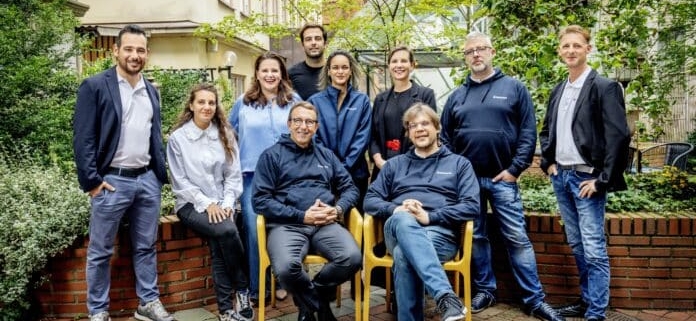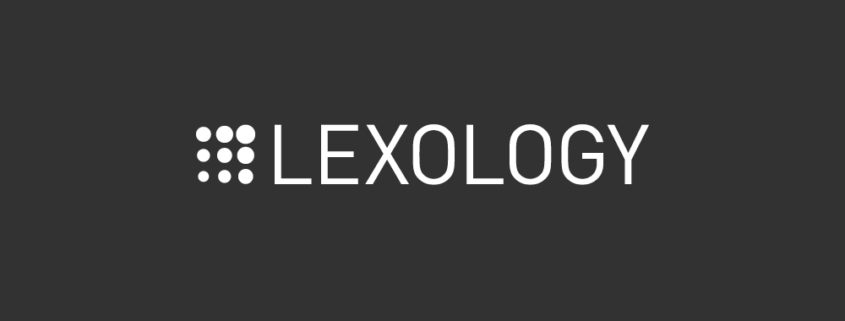Estonia’s BotGuard OÜ secures €12 million in Series A funding to expand global cybersecurity reach
– Advertisement –
BotGuard OÜ, a cybersecurity software company based in Tallinn, has secured €12 million in Series A funding led by MMC Ventures, with participation from Tera Ventures, Expeditions Fund, and angel investors including Stefan Lindeberg. The company specializes in helping web hosting providers manage and protect their infrastructure from malicious threats. With this funding, BotGuard OÜ plans to further develop its technology, recruit tech development talent, and expand its sales and marketing teams as it continues to scale globally.
BotGuard is a cybersecurity company founded in 2019, with a global presence and clients across more than 30 countries. The company specializes in developing user-friendly online tools designed to protect businesses from contemporary web threats. Embracing a remote-first culture, BotGuard boasts an international team comprising over 15 nationalities, collaborating on agile projects to enhance internet security for businesses and individuals worldwide. The company has secured funding through various rounds, with notable investors including Tera Ventures and Expeditions Fund.
Nik Rozenberg, CEO and co-founder at Botguard OÜ, says, “Every business should have effective web traffic management, yet there are no affordable solutions focused on the SME segment due to complicated and expensive onboarding processes. Malicious bot traffic can be extremely harmful for businesses – particularly for the likes of e-commerce retailers that depend on their website to operate – and organisations require tools that keep pace with the rapidly-evolving threat landscape. Even neutral web traffic – like some crawler bots – can drive up management costs. We are democratising web security by offering web hosting providers a flexible, easy-to-use, and cost-effective solution that still offers the highest level of control over web traffic. We are excited for this next stage of our growth journey as we continue to innovate and expand into new territories.”
Mina Samaan, Partner at MMC Ventures, states, “Born from the pain of living through this problem, Nik and Denis have built an impressive business, and the incredible traction BotGuard…



